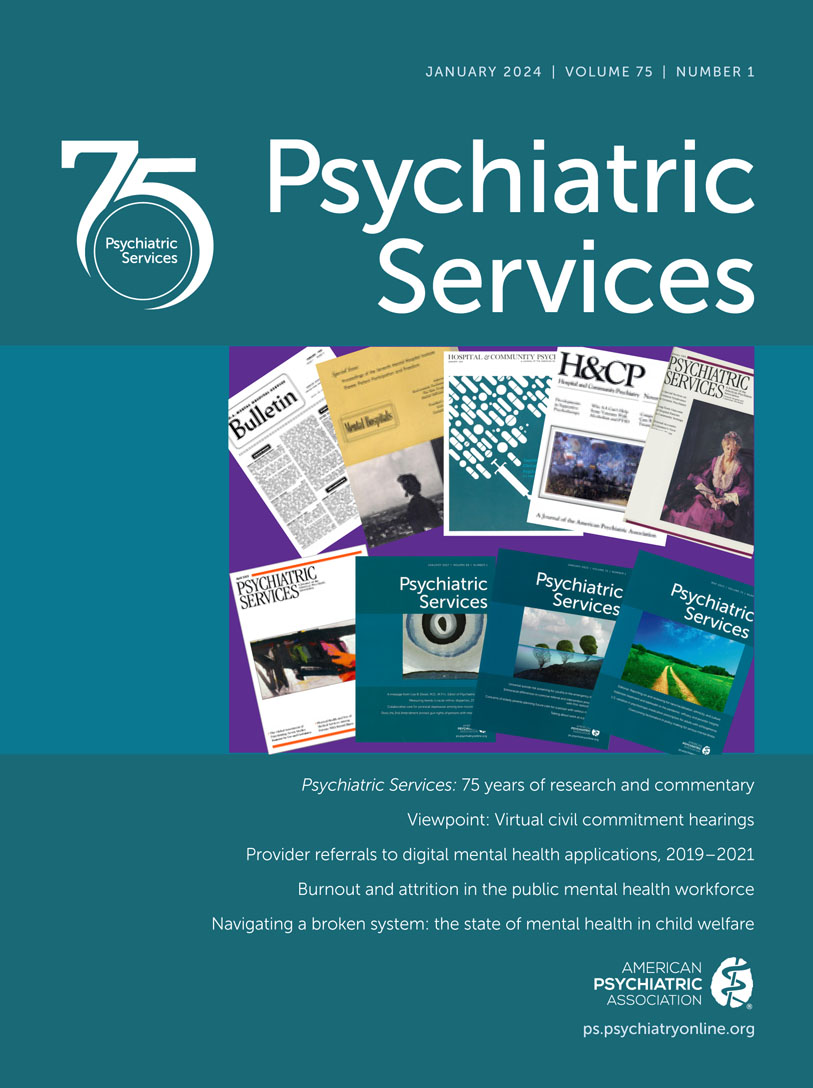Equity Implications of the Affordable Care Act Among People With Past-Year Criminal Legal Interactions
Abstract
Objective:
This study examined whether expansions of Affordable Care Act (ACA) coverage led to changes in insurance coverage and behavioral health treatment use among adults with past-year criminal legal interactions.
Methods:
National Survey on Drug Use and Health data and a difference-in-differences design were used to compare changes in insurance coverage and behavioral health treatment use among respondents with a mental or substance use disorder, by past-year criminal legal involvement (N=103,818).
Results:
Prior to ACA expansions, respondents with past-year criminal legal involvement (vs. without) were less likely to have insurance (61.5% vs. 79.3%) or to receive mental health treatment (34.7% vs. 36.3%). The ACA coverage expansions reduced insurance disparities for people with criminal legal involvement by almost 5 percentage points. No changes in behavioral health treatment use were found.
Conclusions:
Future policies that help people with criminal legal involvement get connected to coverage and treatment are warranted to address persistent disparities in coverage and treatment receipt.
Access content
To read the fulltext, please use one of the options below to sign in or purchase access.- Personal login
- Institutional Login
- Sign in via OpenAthens
- Register for access
-
Please login/register if you wish to pair your device and check access availability.
Not a subscriber?
PsychiatryOnline subscription options offer access to the DSM-5 library, books, journals, CME, and patient resources. This all-in-one virtual library provides psychiatrists and mental health professionals with key resources for diagnosis, treatment, research, and professional development.
Need more help? PsychiatryOnline Customer Service may be reached by emailing [email protected] or by calling 800-368-5777 (in the U.S.) or 703-907-7322 (outside the U.S.).



